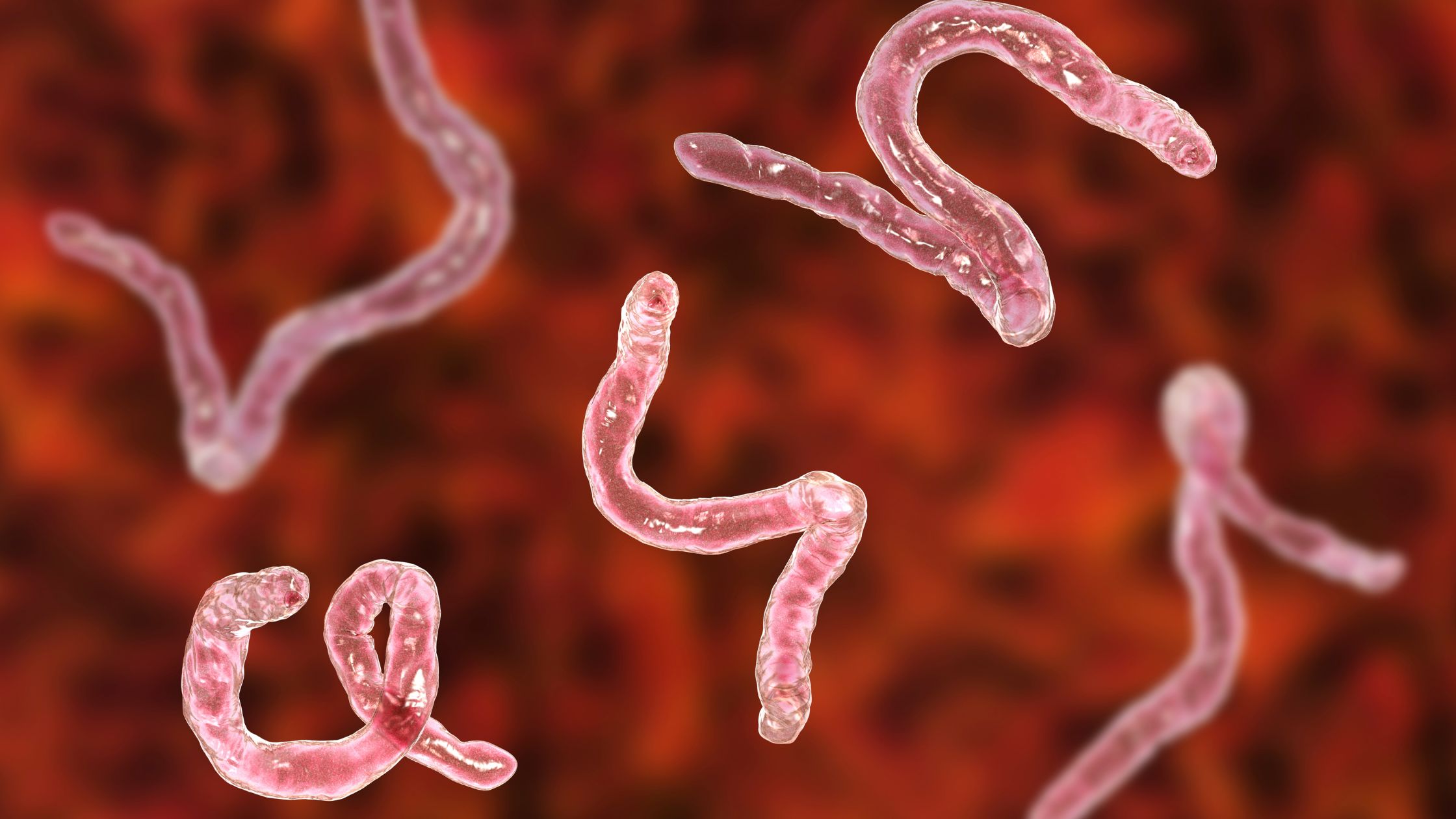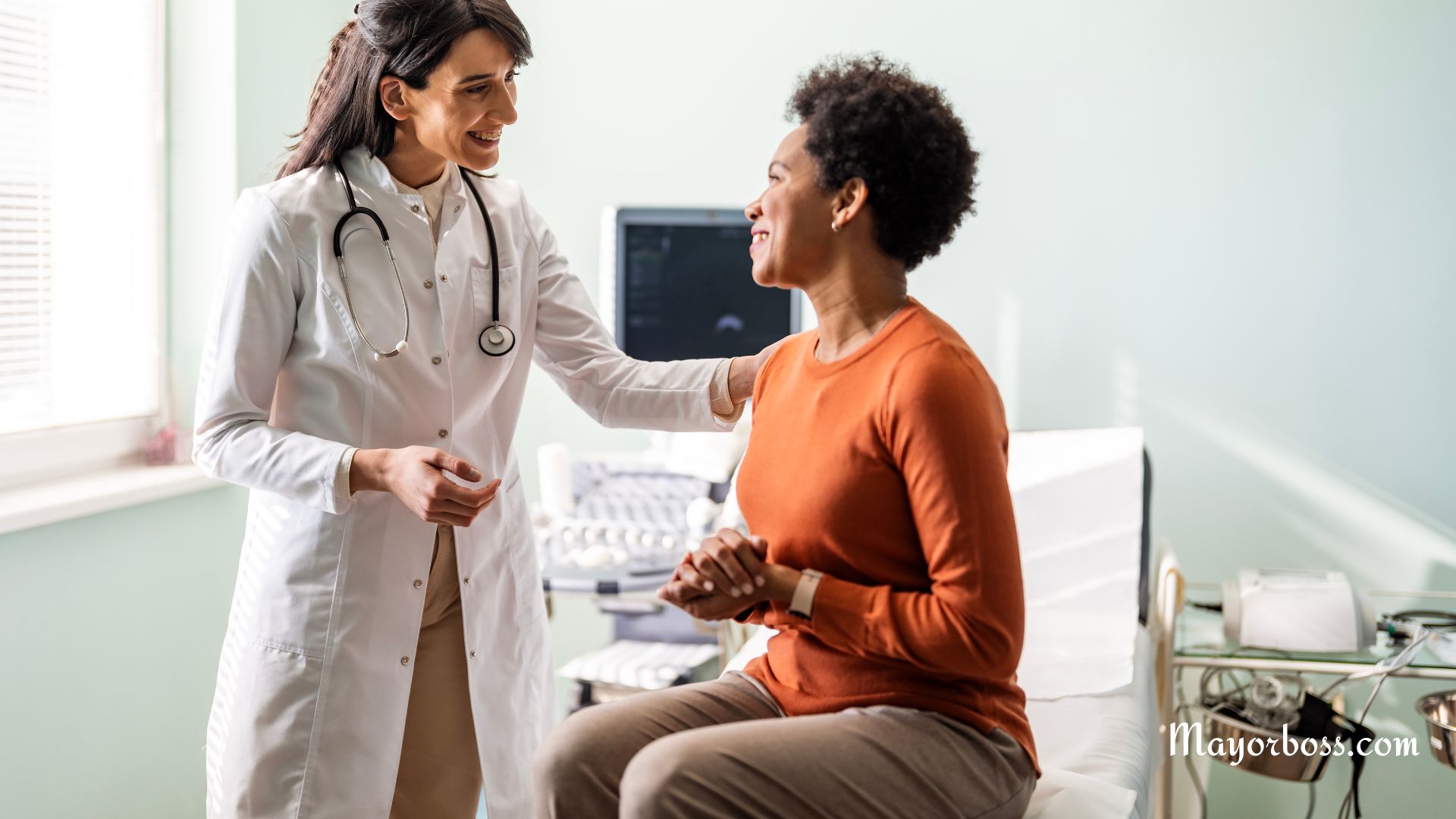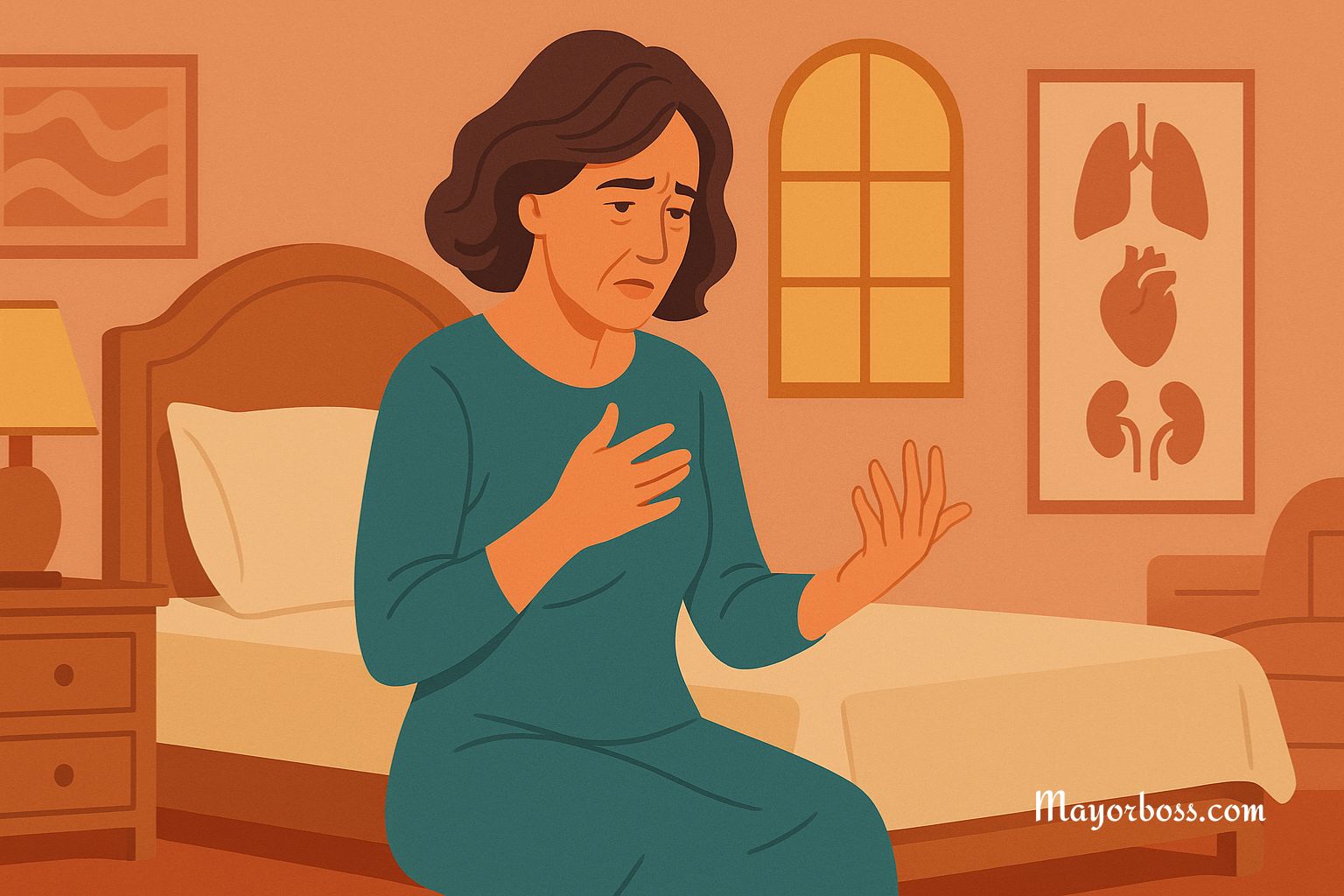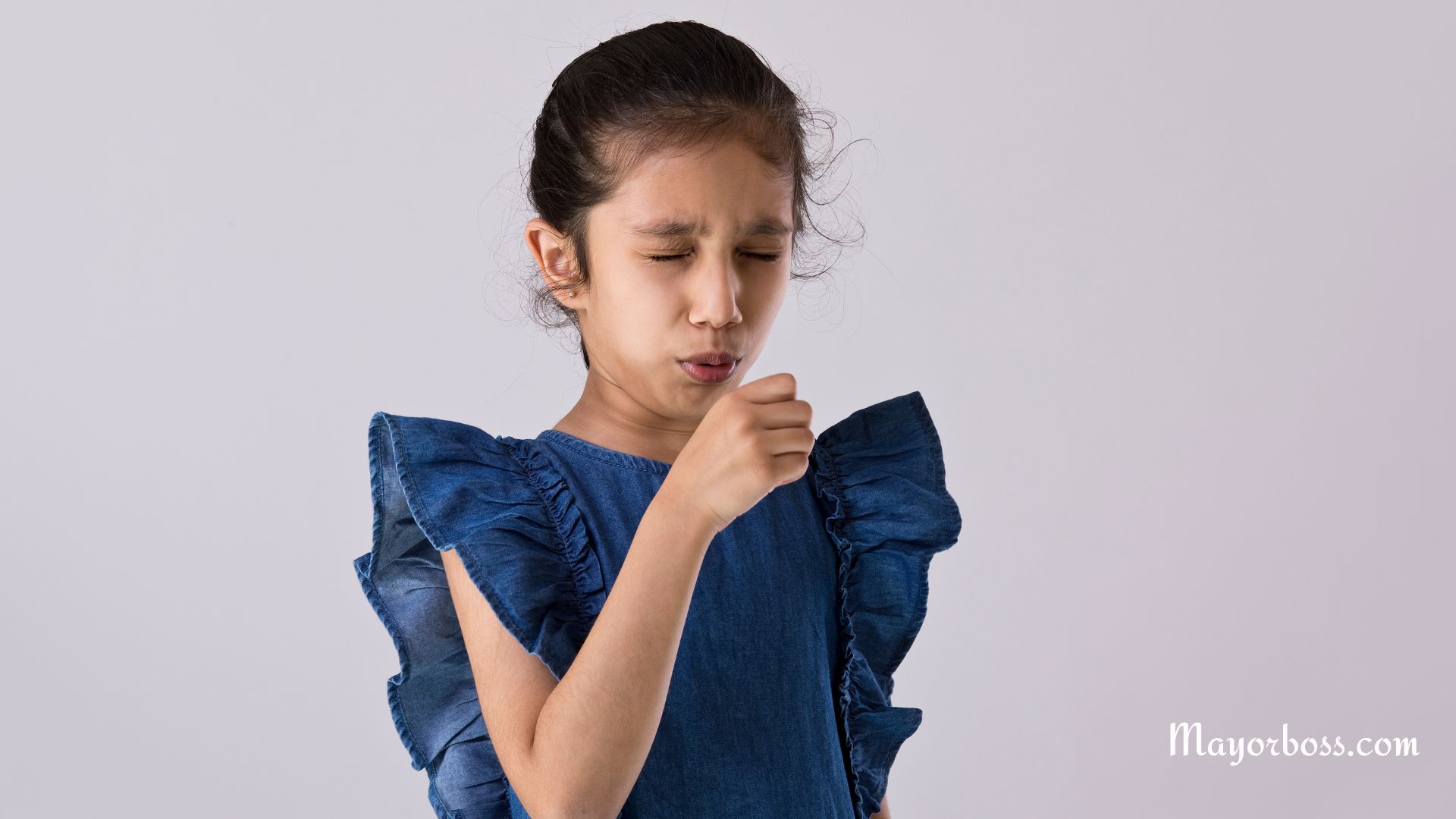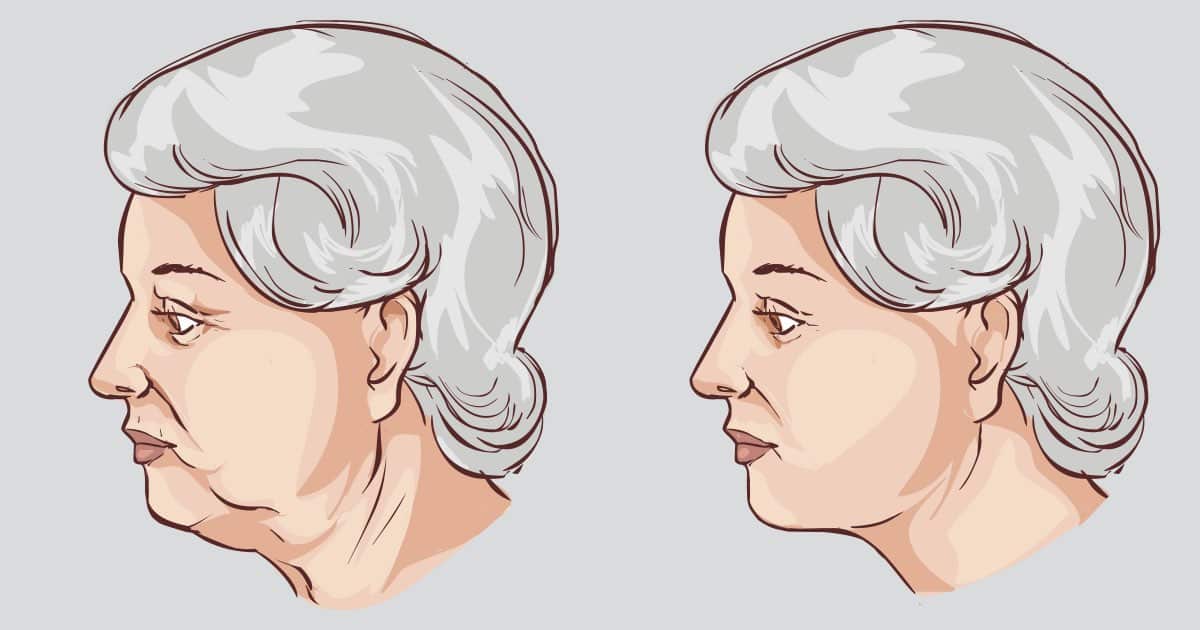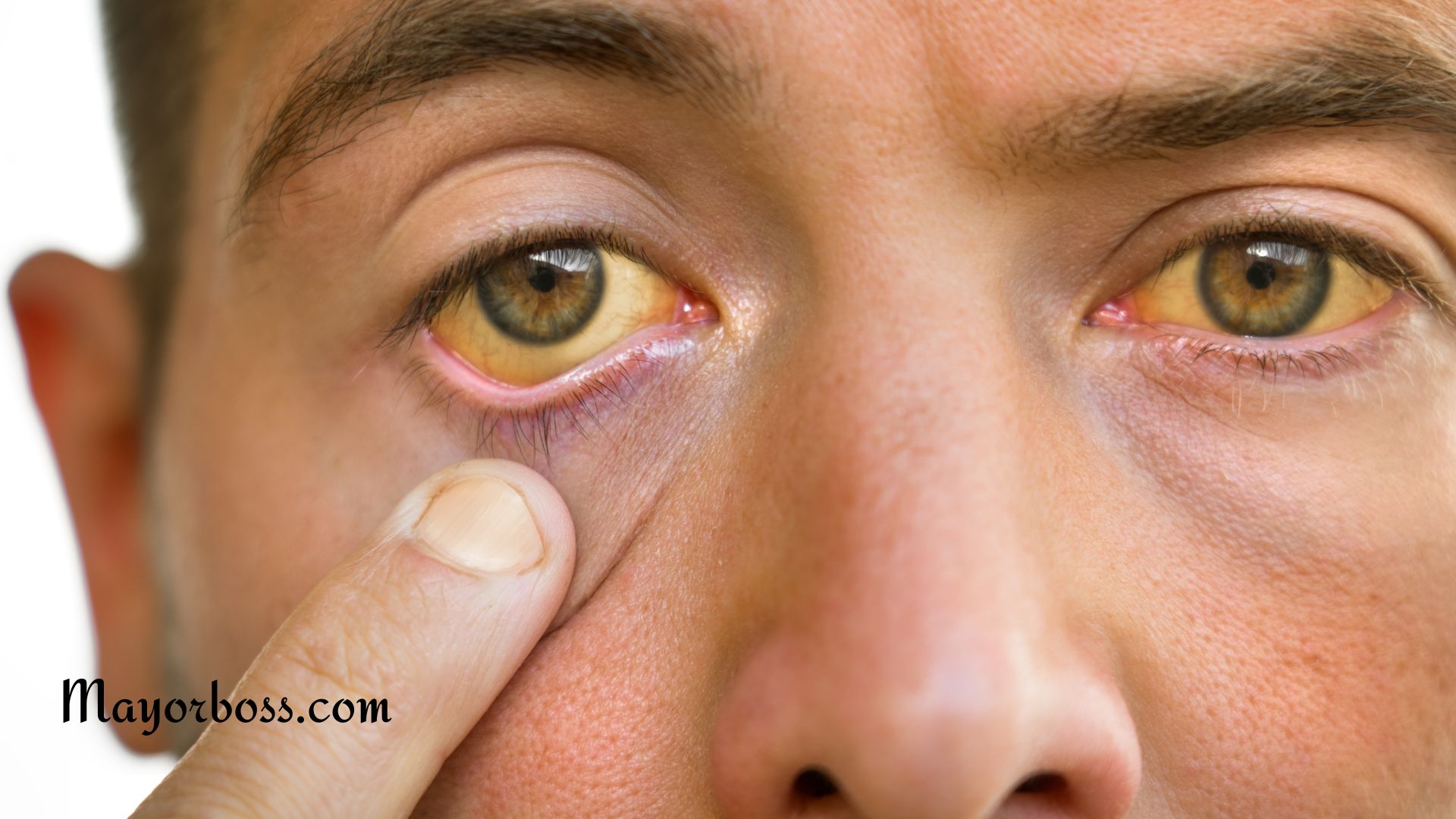What Is Walking Pneumonia?
Walking pneumonia is a milder form of pneumonia that often goes unnoticed because its symptoms are less severe compared to traditional pneumonia. It commonly manifests as a persistent cough, fatigue, and low-grade fever. You might also experience sore throat, headache, and body aches. Unlike more severe forms of pneumonia, walking pneumonia generally doesn’t require hospitalization.
What Exactly is Walking Pneumonia?
Walking pneumonia is a layman’s term for a mild form of pneumonia, often caused by the bacteria Mycoplasma pneumoniae. This condition is less debilitating than traditional pneumonia, so you might not even know you have it. You can continue with your daily activities, thus the term “walking” pneumonia. Even though you might feel well enough to carry on with your daily activities, you’re still contagious. And is generally treatable with antibiotics.
Another name for walking pneumonia is atypical pneumonia.
What Causes Walking Pneumonia?
Bacterial Infection
The main culprit behind walking pneumonia is usually a bacterium called Mycoplasma pneumoniae. This bacterium is airborne, which means you can catch it through sneezing or coughing.
Viral Infection
In some cases, a virus can also cause walking pneumonia. These viruses are the same ones that often lead to colds or the flu.
How Do You Catch It?
Close Contact
Being in close proximity to someone who’s infected increases your chance of getting walking pneumonia. So, it’s crucial to wash your hands often and avoid close contact with sick individuals.
Shared Spaces
You’re at higher risk if you’re in crowded places like schools or public transportation. Moreover, poor ventilation can also contribute to the spread of this condition.
Environmental Factors
Exposure to pollutants or chemicals can aggravate the symptoms, although they aren’t the primary cause.
What Are The Symptoms Of Walking Pneumonia?
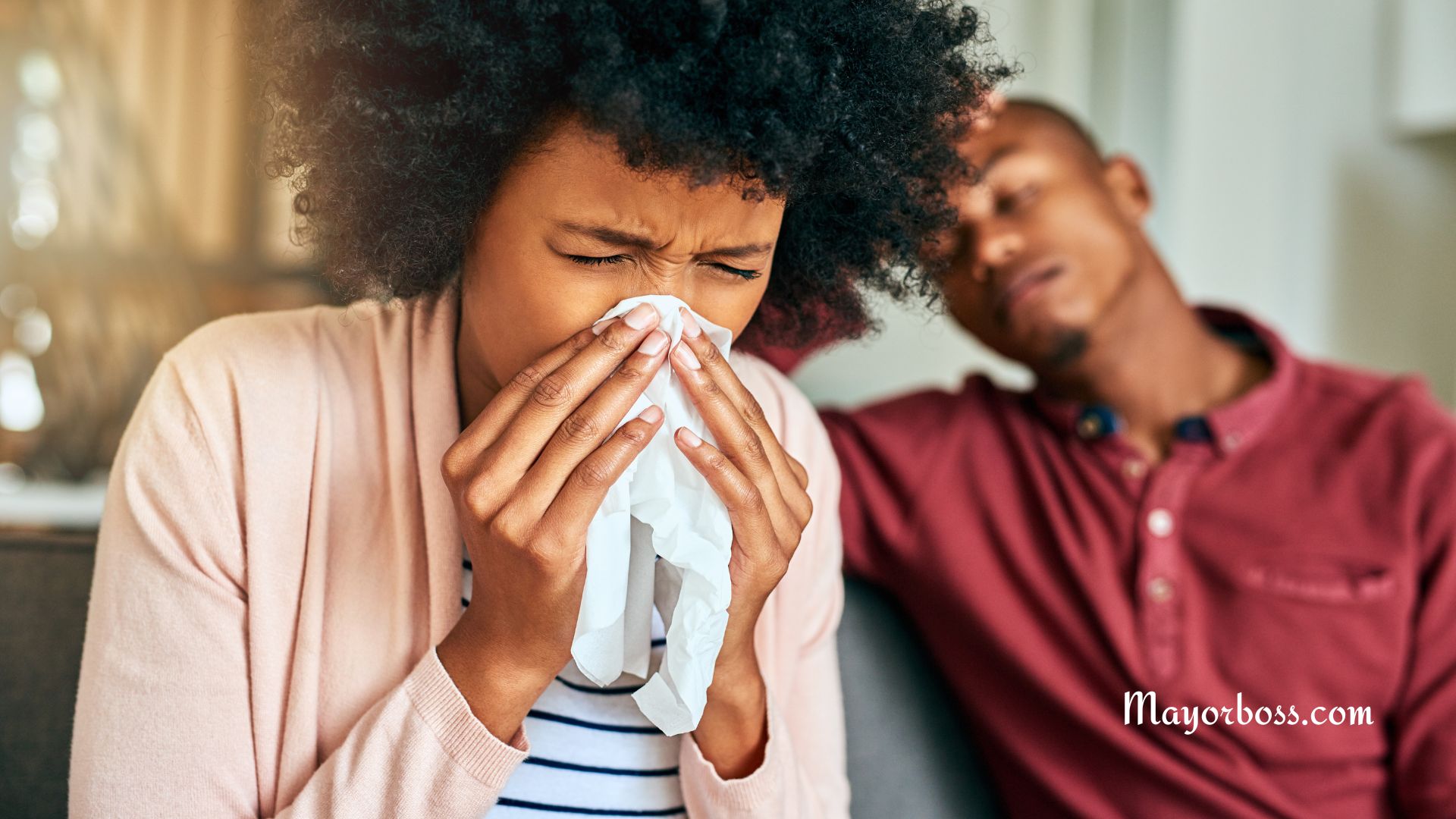
Persistent Cough
The most common symptom of walking pneumonia you’ll notice is a persistent cough. It’s usually dry and can hang around for a long time, even after other symptoms subside.
Fatigue and Weakness
Feeling unusually tired is another hallmark of walking pneumonia. You might find it difficult to focus on tasks or feel drained even after a full night’s sleep.
Low-grade Fever
A low-grade fever usually accompanies the fatigue. It’s generally not high enough to cause alarm but could make you feel uncomfortable.
Sore Throat
Some people report having a sore throat, which can be mistaken for a simple cold.
Headache and Body Aches
You may also experience headaches and aching muscles. These symptoms are often mild but can add to your discomfort.
Shortness of Breath
In rare cases, walking pneumonia can cause shortness of breath. If you find it difficult to breathe, consult a healthcare provider immediately.
Symptoms Unique to Children
According to pediatric studies, kids often show different symptoms than adults. They might have nausea, vomiting, or even a skin rash. Therefore, it’s crucial to monitor children closely if you suspect they have walking pneumonia.
How Long Do Symptoms Last?
Research suggests that symptoms can last from one to three weeks. However, the cough might linger for a longer period, even after you’ve received treatment.
When Should You See a Doctor?
If you notice a combination of these symptoms, especially if they persist for more than a week, consult your healthcare provider. Diagnostic tests can confirm whether you have walking pneumonia and guide appropriate treatment.
How Is It Diagnosed?
Medical History and Physical Exam
Your doctor will usually start with a detailed medical history and a physical examination. They’ll listen to your lungs and may ask about any recent exposure to sick individuals.
Chest X-ray
An X-ray can help determine the extent of the infection in your lungs.
Blood Tests
Your doctor may also recommend blood tests to confirm the diagnosis and rule out other potential issues.
Treatment
Antibiotics
If bacteria are the cause, antibiotics like azithromycin or doxycycline are often prescribed.
Over-the-Counter Medications
For symptom relief, you can use over-the-counter medications like cough suppressants or fever reducers.
Rest and Hydration
Although it’s called “walking” pneumonia, getting adequate rest and staying hydrated are essential for a speedy recovery.
Prevention Tips
Vaccination
There’s no vaccine specifically for walking pneumonia caused by Mycoplasma pneumoniae. However, the pneumonia vaccine can protect against other types of pneumonia that could be more severe.
Good Hygiene
Regular handwashing and using hand sanitizer can help minimize the risk of infection.
Avoid Crowded Places
Steering clear of crowded areas during peak seasons can reduce your chances of catching this condition.
Frequently Asked Questions
What Is the Difference Between Walking Pneumonia and Regular Pneumonia?
The main distinction between walking pneumonia and regular pneumonia lies in the severity. Walking pneumonia is usually milder, allowing you to continue with daily activities. On the other hand, regular pneumonia often requires bed rest and, in severe cases, hospitalization. Additionally, walking pneumonia is commonly caused by Mycoplasma pneumoniae, while regular pneumonia can be due to various bacteria, viruses, or even fungi.
How Long Does Walking Pneumonia Last?
The duration of walking pneumonia can vary from person to person. Generally, you may start to feel better within a week of starting antibiotics, but a lingering cough can last for up to a month. It’s important to complete the full course of antibiotics, even if you start feeling better, to ensure the infection is fully eradicated.
Can You Exercise If You Have Walking Pneumonia?
While you may feel well enough to exercise, it’s generally not advisable. Your body needs time to heal, and physical exertion can exacerbate your symptoms. Rest and hydration should be your priorities. Once you’re feeling better and have consulted your healthcare provider, you can gradually resume your exercise routine.
Is Walking Pneumonia Contagious?
Yes, walking pneumonia is contagious. The bacteria or virus causing it can be spread through airborne droplets when an infected person coughs or sneezes. Because of this, it’s crucial to practice good hygiene and avoid close contact with others, especially in crowded or poorly ventilated spaces.
What Should You Eat If You Have Walking Pneumonia?
A balanced diet can help speed up your recovery. Focus on foods rich in vitamins and minerals, like fruits and vegetables, to boost your immune system. Hydration is equally important, so make sure to drink plenty of fluids. Avoid foods that can irritate your throat or lungs, such as spicy foods or dairy products that can increase mucus production.

